CBS’ answer to 700 researchers’ climate appeal: “It’s a concern that we share!”

“We regard the letter as a deep concern for the climate. This is a concern that we share and we are positive about the request.” This is the message from the Senior Management at CBS after they discussed a climate appeal from more than 700 researchers from all eight of Denmark’s universities.
CBS, along with the management at all of the universities in Denmark, received an open letter last month from more than 700 researchers from the country’s eight universities. The researchers want to increase the sense of urgency around global warming by turning up the heat on the universities and the way they act. The open letter was also sent to all the university newspapers in the country.
The Senior Management at CBS discussed the letter at a meeting last week and Kirsten Winther Jørgensen, the University Director, writes in an email to CBS WIRE:
“We regard the letter as a deep concern for the climate. This is a concern that we share and we are positive about the request.”
In the open letter, researchers point out that there is a complete lack of lateral climate policy at Danish universities: “Though many researchers at Danish universities are highly active in the debate on climate change, at present there is no ambitious climate agenda across the universities.”
Furthermore, Kirsten Winther Jørgensen writes in the email that she thinks it’s a good idea to have an “ambitious climate agenda across the universities”. She says:
“There is at present no policy for all the universities in this area. It seems to be a good idea, but it of course depends on the specific content.”
In the open letter, the researchers make a very clear appeal: “We strongly encourage the university management to immediately develop and implement a series of far-reaching policies to drastically reduce the universities’ carbon emissions.”
And they continue: “If we do not start a global transition to a greener society immediately the consequences will be catastrophic.”
CBS wants to reduce air travel
Although CBS doesn’t have a lateral climate policy, Kirsten Winther Jørgensen explains that CBS is working on sustainability as a whole, and mentions the latest initiative:
“At CBS, we have adopted a sustainability strategy this year because we believe that cohesive initiatives are crucial. Just as we for many years have been working systematically with e.g. sorting garbage and reducing CBS’ energy consumption.”
When CBS WIRE have talked to staff who are engaged in making CBS more sustainable, one thing kept being mentioned: CBS’ numerous travels abroad. However, air travel may see a reduction in the future.
“The Senior Management Team is discussing a number of new initiatives, including limitation of the climate impact in terms of the number of flights. This includes discussing a possible introduction of CO2 quotas and internal CO2 taxation as an incentive to reduce the number of flights for work-related purposes,” says Kirsten Winther Jørgensen and continues:
“At the same time, the importance of supporting international cooperation among researchers is of course crucial and it’s important to find some solutions that do not challenge the quality of research. Therefore, such an approach must be carefully analyzed.”
More vegetarian food
Last year, the Department of Management, Society and Communication introduced a vegetarian-default food policy. This means that whenever staff employed at the department want to have an event, the food will be vegetarian by default. If you don’t want vegetarian food, you will have to specifically ask for meat.
One of the promoters of the idea is Louise Kofod Thomsen, Research Assistant at the department and Project Manager for Velux Endowed Chair in Corporate Sustainability at CBS. And she’s taken the policy a step further. She has drawn up a guide on how to make an event sustainable, which includes vegetarian catering.
Encouraging the staff at CBS to opt for more vegetarian food is also on the Senior Management’s agenda, alongside the possibility of reducing the use of plastic bottles.
Are the 700+ researchers right in that, “The universities have a particularly heavy responsibility with regard to the implementation of an ambitious climate agenda”?
”Both public and private organizations are responsible for making sustainable choices and we should continuously consider new initiatives that can reduce energy consumption,” answers Kirsten Winther Jørgensen by email to CBS WIRE.







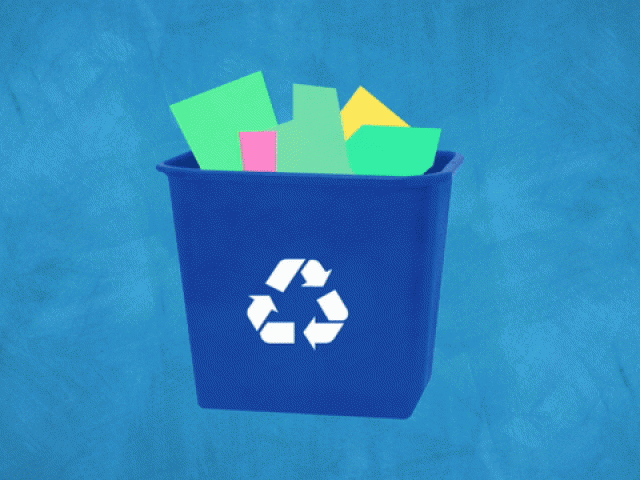
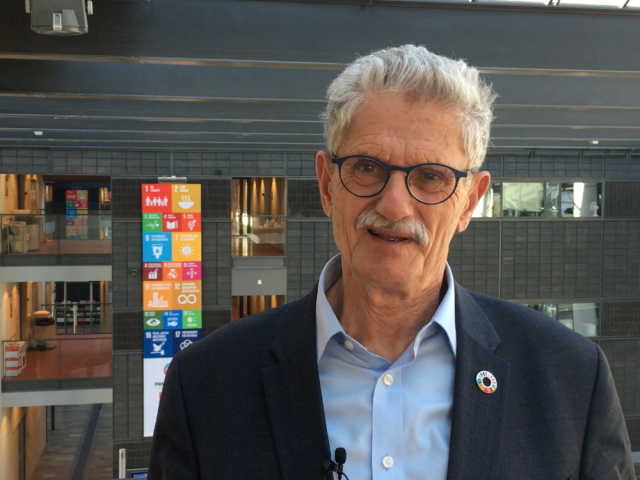
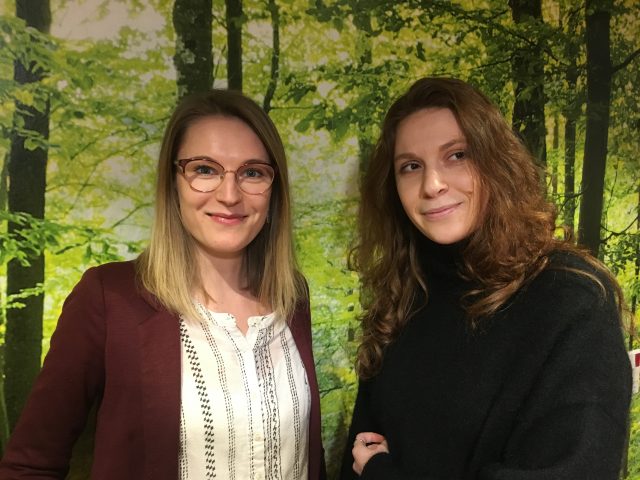
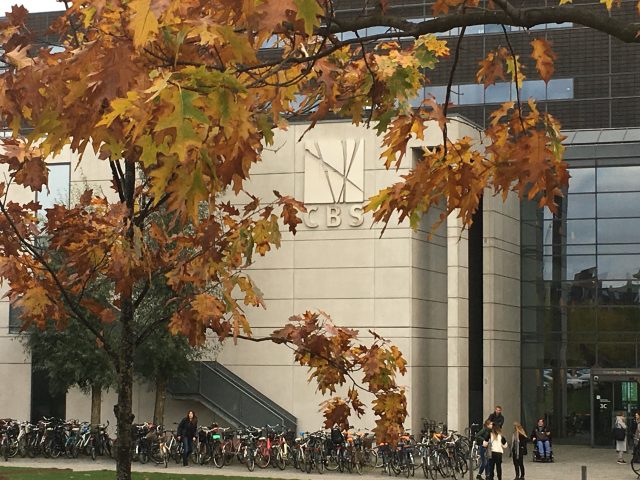
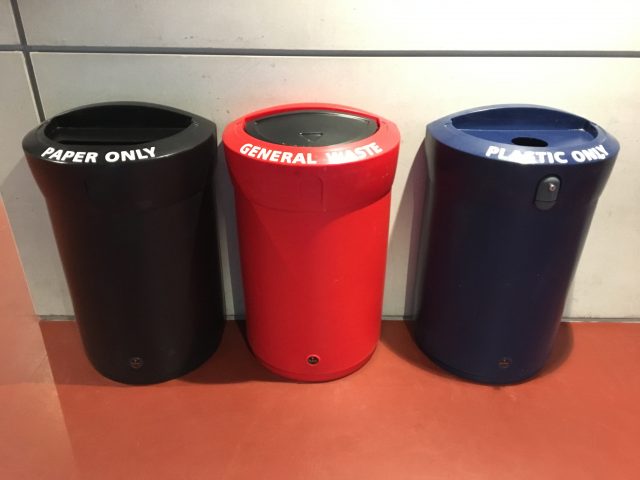

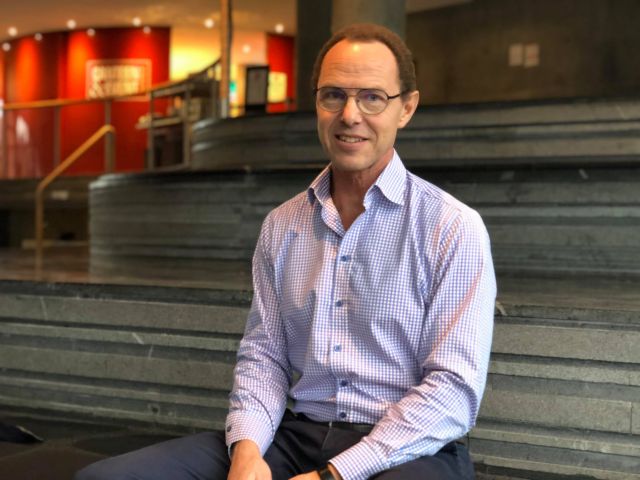




























































































































Comments